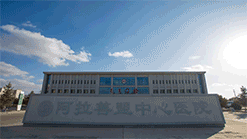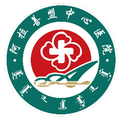 Traditional Chinese Medicine Health Preservation
Traditional Chinese Medicine Health Preservation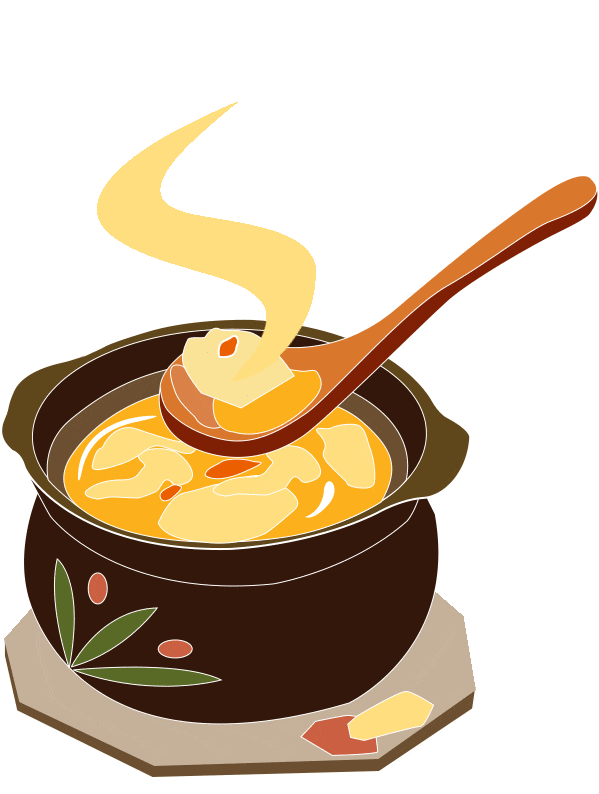
In Traditional Chinese Medicine (TCM), it is believed that a person’s constitution can be categorized into cold, heat, deficiency, and excess. Based on one’s physical condition and seasonal changes, selecting appropriate health preservation methods that suit one’s constitution is the beneficial path to health.
Today, we will discuss health preservation methods for those with a Qi deficiency constitution.
1. Identifying Qi Deficiency Constitution
Individuals with a Qi deficiency constitution generally have insufficient vitality, experience shortness of breath, are reluctant to speak, easily fatigued, prone to sweating, have a soft and weak muscle tone, and tend to be introverted. They are not adventurous and are intolerant to wind, cold, heat, and dampness, making them susceptible to colds and organ prolapse. This group of people lacks energy, similar to a deflated balloon; any disturbance can further deplete their energy, leading to increased susceptibility to colds and coughs. They may also feel more fatigued when speaking or performing tasks, often feeling drowsy and finding it hard to concentrate.

2. Dietary Regulation for Qi Deficiency
People with a Qi deficiency constitution should consume foods that tonify Qi and strengthen the spleen, such as: glutinous rice, millet, yellow millet, barley, Chinese yam (Shan Yao), sweet potato, carrot, yellow soybean, white lentil, shiitake mushrooms, red dates (Hong Zao), tofu, chicken, beef, lamb, dog meat, rabbit meat, grass carp, yellow croaker, knife fish, crucian carp, honey, and Dendrobium (Tie Pi Shi Hu).
They should avoid: raw and cold foods, greasy items, and foods that disperse Qi, such as watermelon, pear, bitter melon, water spinach, raw radish, and mustard greens.
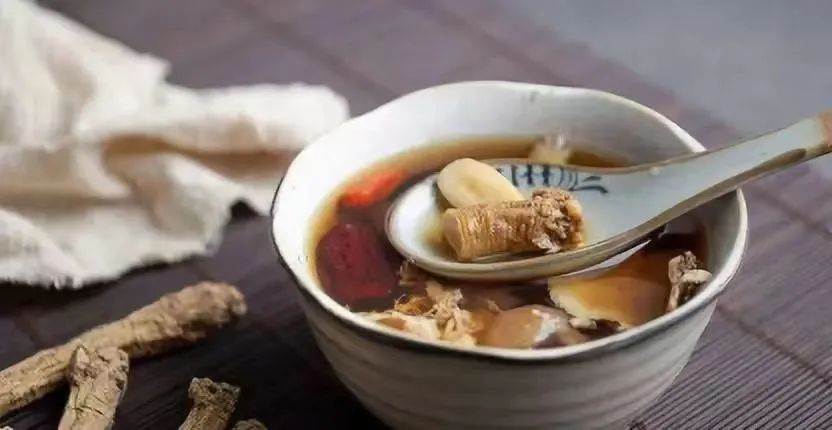
Recommended Dietary Remedies:
1. Astragalus and Red Date Tea
Ingredients: 30g Astragalus (Huang Qi), 6 red dates (Hong Zao)
Preparation: Add 600ml of water and simmer on low heat for 20 minutes before drinking.
2. Stewed Yam and Red Dates with Pumpkin
Ingredients: 300g Chinese yam (Shan Yao), 300g pumpkin, 6 red dates (Hong Zao), 15g brown sugar
Preparation: Peel and cut the yam and pumpkin into pieces, slice the red dates, and add all ingredients to a stewing pot. Bring to a boil, add brown sugar, then reduce to low heat and stew for 1 hour until the yam and pumpkin are soft.
3. Bai Zhu and Huang Qi Rice Porridge
Ingredients: 10g Bai Zhu, 10g Huang Qi, 100g rice, a little white sugar
Preparation: Wash Bai Zhu and Huang Qi, boil in water for 40 minutes, strain the liquid, add rice and sugar, and cook until done.
4. American Ginseng Vitality Beauty Soup
Ingredients: 6g American ginseng (Xi Yang Shen), 6g goji berries (Gou Qi), 6 red dates (Hong Zao), 30g lotus seeds (Lian Zi), 30g fox nuts (Qian Shi), 20g japonica rice (Jing Mi)
Preparation: Wash all ingredients and simmer with an appropriate amount of water on low heat for 30 minutes before consuming.
3. Acupoint Regulation for Qi Deficiency
The main meridian acupoints for health preservation in Qi deficiency constitution include the Ren Meridian’s Zhongwan, Shenque, Qihai, and Guanyuan. Select 2-4 acupoints each time, using the thumb to apply pressure, rotating and kneading with a force that creates a sensation of soreness and warmth. Perform 50 presses each time, 2-3 times a day.
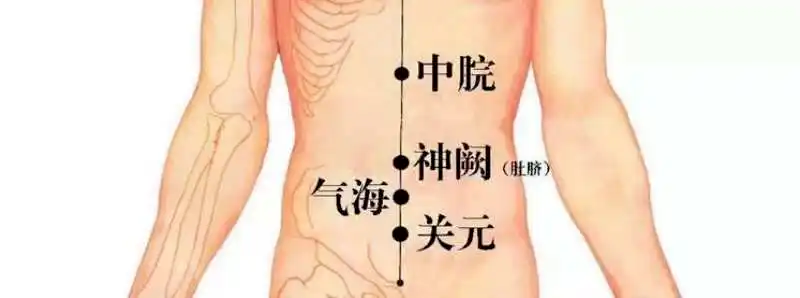
4. Exercise Regulation for Qi Deficiency
Individuals with a Qi deficiency constitution should engage in gentle and low-intensity exercises, gradually increasing the frequency of workouts while reducing the total load of each session. Control the duration of exercise and progress gradually. Avoid vigorous activities and excessive force to prevent depleting vital energy. Gentle traditional fitness activities such as Baduanjin (Eight Pieces of Brocade) and Tai Chi are recommended.
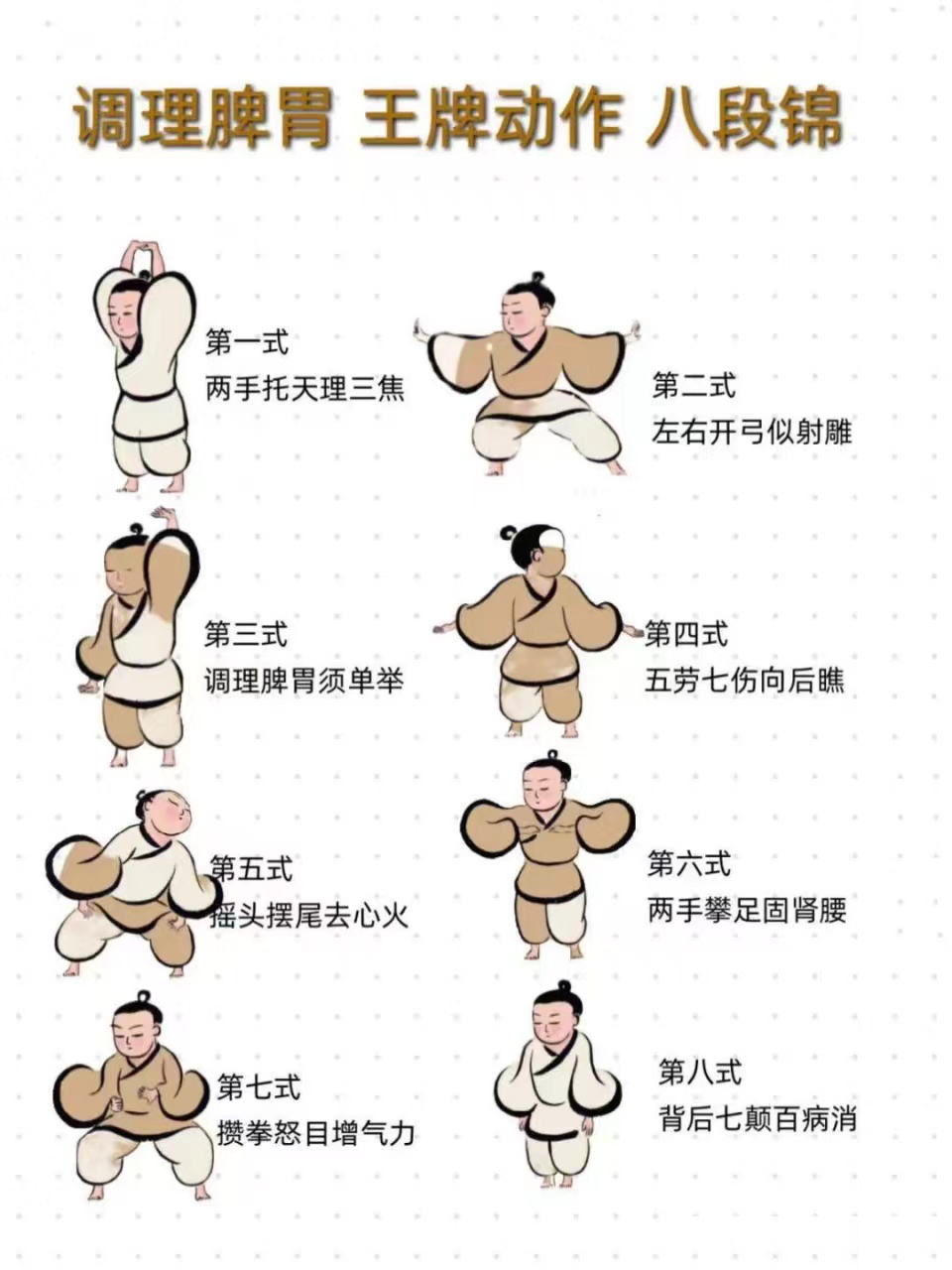
Of course, in addition to dietary and exercise adjustments, individuals with a Qi deficiency constitution should cultivate an optimistic and open-minded attitude towards life. They should avoid excessive mental strain, maintain a stable and calm mindset, and arrange their work and life rhythm and plans appropriately. Regular relaxation and avoidance of emotionally volatile situations and environments are essential for ensuring physical and mental well-being and longevity.

– END –
Submitted by:TCM Department – Bai LiTingEdited by: Yuan WenjunInitial Review: Zhang KaiFinal Review: Pan Wei Click below to get more services
Click below to get more services